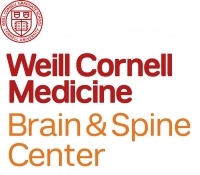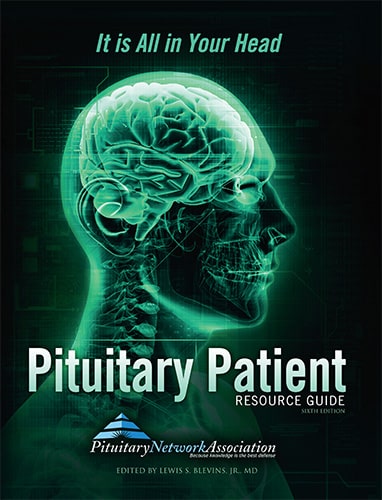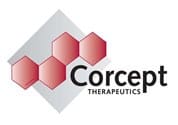Weill Cornell Brain and Spine Center
525 East 68th Street, Box 99
Starr 651
New YorkNew York10065
United States
Phone: 866-426-7787
Website: Weill Cornell Brain and Spine Center

Neuroendocrine disorders and pituitary tumors are complex conditions, and at Weill Cornell Medicine we develop a multidisciplinary treatment plan for each patient. Both functional and nonfunctional pituitary tumors may be treated with surgery, sometimes followed by radiation therapy. Drug therapy has shown effectiveness against certain functional adenomas. We offer medical/hormonal therapies, radiation therapy, stereotactic radiosurgery, and endoscopic neurosurgery. For patients who require surgical intervention, our internationally renowned experts can perform advanced minimally invasive options that allow the removal of tumors through the nose, with quick recovery times and zero facial scarring. This avoids any incisions and the surgery is very well tolerated with little risk.
Our world-class faculty focuses attention on patient care, teaching, and research. Each faculty member gives responsive and compassionate care utilizing leading-edge technology to provide patients the best chance for recovery.
Our neurosurgeons are faculty members of Weill Cornell Medical College as well as having appointments at NewYork-Presbyterian Hospital. As professors and researchers at one of the nation’s leading centers of neurological surgery, they lecture at medical colleges and conferences within the United States and abroad. The medical staff plays an important role in teaching medical students, residents, and fellows, and in providing continuing medical education for neurosurgeons around the world. Patients benefit from the latest advances in neurological surgery and spine care.
The Brain and Spine Center focuses its surgical efforts toward specific neurological diseases, such as cerebrovascular disorders, spine disease, brain tumors, pituitary tumors and disorders, pediatric neurosurgery, and stereotactic functional neurosurgery. Individual members of the Brain and Spine Center work as part of a multidisciplinary team, creating centers of excellence in each of these disease categories. It is our strong belief that it takes the combined skills of neurological surgeons, endovascular surgeons, neurologists, neuroradiologists, and anesthesiologists to diagnose and manage this comprehensive range of neurological disease.
Neurosurgeons long have focused on minimally invasive techniques such as microsurgery. More recently, endovascular techniques, as well as stereotactic radiosurgery, frameless stereotaxy, and endoscopic surgery, have played roles in our ability to minimize surgical exposure and improve outcomes. We also have developed the technology for operating within a magnetic resonance scanner to confirm our surgical goals in real time.
The Brain and Spine Center works closely with care coordinators, nursing staff, and social workers to provide compassionate and thorough patient care. The needs of each patient are unique, and the Brain and Spine Center is committed to providing an individualized plan of treatment and support for each person and his or her family.
Finally, the Brain and Spine Center interacts closely with fellow neuroscientists to perform translational research in an effort to move therapeutic advances from the laboratory into the clinical setting. Clinical trials and laboratory efforts focusing on brain protection and nerve cell regeneration are performed in close conjunction with our neurology colleagues. Infusion of drugs and growth factors may prove to be of benefit in neurological diseases. In addition, new technology using stem cell biology for the treatment of many neurological disorders, such as stroke and brain tumors, may provide new therapeutic options for our patient population.
Great new vistas exist for the treatment of neurological disease, and the Weill Cornell Brain and Spine Center will play a leading role in the implementation of these new treatment paradigms.
Weill Cornell Brain and Spine Center
NewYork-Presbyterian/Weill Cornell Medical Center
Department of Neurological Surgery
525 East 68th Street, Box 99
Starr 651
New York, NY 10065
(866) 426-7787
For more information, visit: weillcornellbrainandspine.org
Weill Cornell Brain and Spine Center
Starr 651
New York, New York10065
United States









